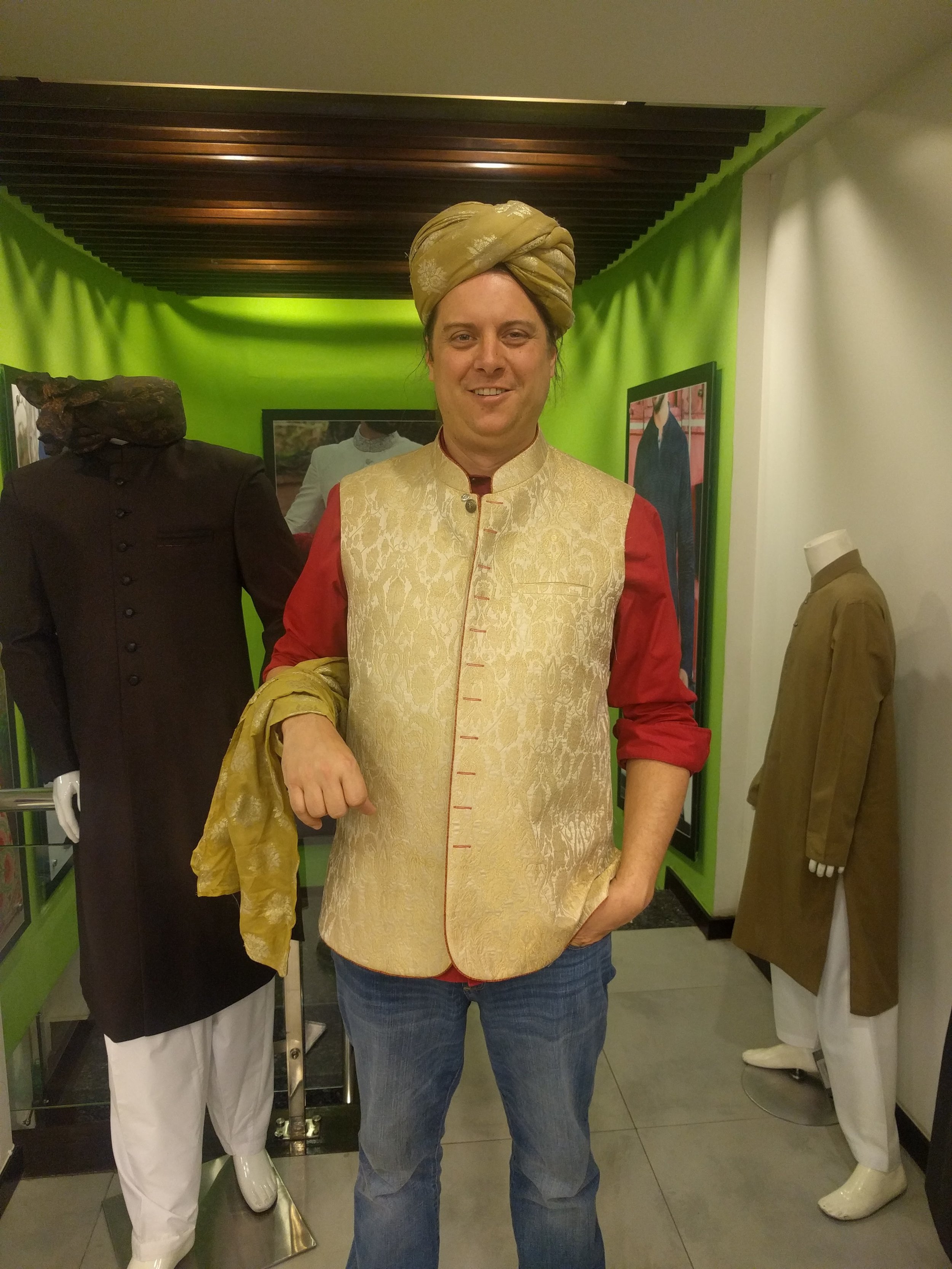Historically Speaking
Strategically located with India, China, Afghanistan, and Iran on its borders, Pakistan is the world’s second most populous Muslim nation and, with over 200 million people, the fifth most populous of all. It is considered a “cradle of civilization” with a history running back through the earliest human settlements along the Indus River valley. Ruled in the nineteenth and early twentieth centuries by Great Britain as part of its India colony—the Raj—Pakistan’s population increasingly identified with its Muslim majority, as opposed to India’s Hindu majority, and when independence was achieved in 1947, Pakistan separated and, with a significant transfer of populations, became a homeland for the region’s Muslims. East Pakistan (Bangladesh) separated in 1971. Pakistan has a growing economy, a rising middle class, and is a strong regional power.
Our Visit
Pakistan swept us off our feet. We were able to see the two largest cities in the country and it really dispelled a lot of the pre-conceived notions you get about the country from the media. There are rough parts of the country (specifically the mountainous regions in the north) but it also happens to be full of good people and incredible beauty. A recurring theme throughout the trip was the camaraderie we felt with people when we discussed the similarities between the reputations of Pakistan and our hometown of Chicago. We love our homes and the violence is measurably an extremely small part of what actually goes on.
Article from DNAINFO on our trip to Pakistan
Islamabad at dusk.
The following two videos are from bluegrass workshops we did in Islamabad. The Rabab player we met was extremely talented and we taught him Red River Valley in about 5 minutes. Then the entire group wanted to learn a bluegrass tune, so we broke into groups and covered all the elements of a bluegrass song though "Going Back To Old Kentucky" by Bill Monroe. These interactions are incredibly powerful, as you might imagine.
We did a workshop in Karachi with a young girls school and it was incredible!
Ben horsing around on one of our many TV appearances.
This video below is from a performance we did with an amazing Qawwali band in Karachi. Qawwali music is a traditional form of music from Pakistan that is many hundreds of years old (as far back as the 12th century). The band leader is Hamza Akram and he's a rising star in the burgeoning music scene in the country. We only had an hour to figure out how to make music together, but it worked it quite well. There were moments during the collaboration that each one of us was trying not to get emotional. Both the audience and the band were losing composure. Watch the full video here.
Kyle and John (our gracious host for the trip) stopped in to try on some traditional Pakistani clothing.
Ben, not wanting to be left out.
A late night jam
One of the things we've grown slightly accustomed to is the hour or so waiting to catch a flight to a country you're very much a minority in. You sit, usually in silence, in an airport lounge as the only American in sight, surrounded by people that look and dress quite differently than you. It's the first indication you're about to have your mind blown by a place you've never been and it's almost a meditative moment where you try to prepare yourself. The wait to catch a flight into Karachi started very similarly to these moments, until someone approached us and began asking about our instruments. It turned out this guy was an incredible guitar player named Asad Ul Hafeez, who plays with one of Pakistan's most famous musicians, Atif Aslam. We traded info with him, hoping to make time to meet up in Karachi. Several days later he reached out and we found that the only time we had was in the middle of the night on our last day in the city. He came over and we picked in our hotel for several hours. Asad had this gentle presence that was mesmerizing and the music that came from his fingers just about made us cry.
Check out this tune he wrote and taught us.
One last moment
We'll finish this post with a moment of intentional silence on our part. While setting up for a show at a University just outside of Islamabad, we caught this stunning moment on video. In Muslim countries it's considered disrespectful to make loud noise during prayer time. More than once (and in multiple countries) we've had to take a break from sound check to wait for prayer to be over and it's often a surreal and somehow beautiful thing. In this video you can hear the call to prayer echo across the city in the distance and you can feel how intentionally quiet and respectful everyone is being. These are the times when you pinch yourself and know that you'll remember it for the rest of your life.






